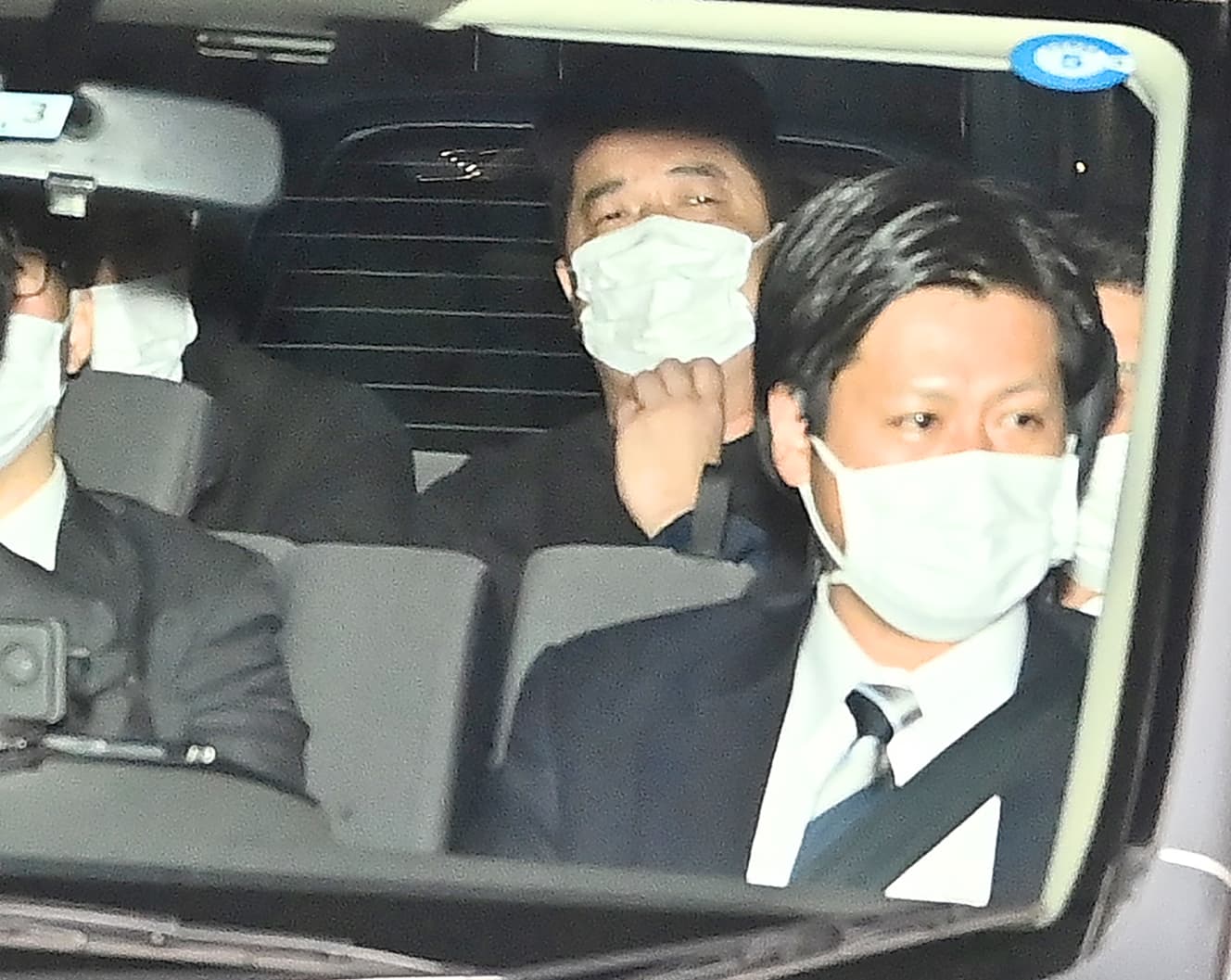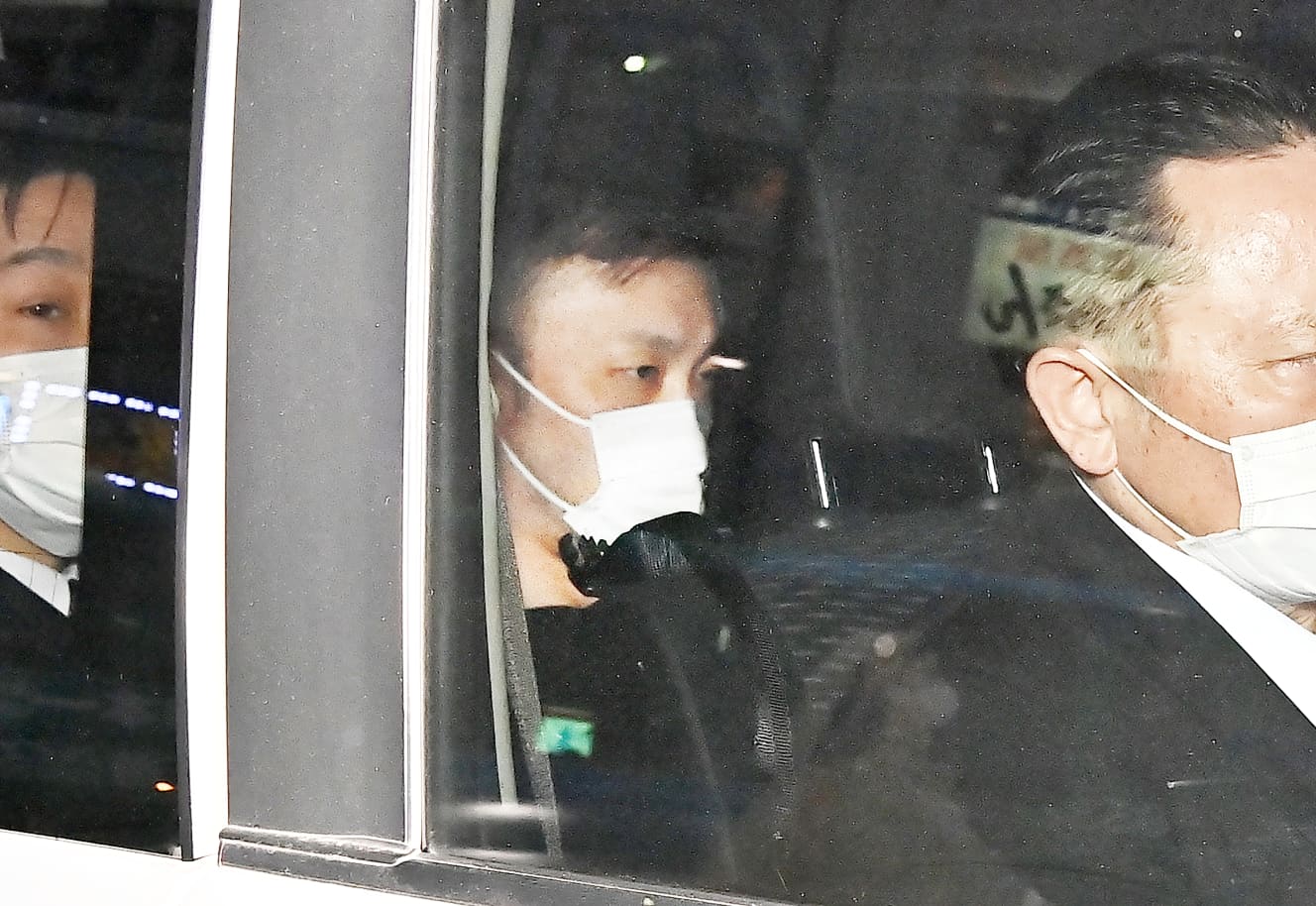“Rufy Crime” and Yakuza Using Telegram, a Messenger Platform, for This Shocking Reasons!
The wide-area serial robberies that occurred in the Tokyo metropolitan area and other parts of Japan under the direction of a person claiming to be Rufy and others have been under full-scale investigation by the Metropolitan Police Department, with the arrest of the alleged instructor, Yuki Watanabe, 38, and other suspects transferred from the Philippines on suspicion of theft related to a special fraud case. In this case, the use of “Telegram,” a highly anonymous communication application, by Watanabe and other suspects from the Philippines to a group of perpetrators in Japan has been widely highlighted in the news.
Telegram is often misused in crimes because the contents of communications are encrypted and messages are automatically deleted according to settings. Because of these features, a senior member of a designated crime syndicate operating in the Tokyo metropolitan area testified, “We always use Telegram for communication within our organization to prevent the police from intercepting our communications.
Users can easily start using Telegram by downloading an application to their smart phones (smartphones). The contents of mutual communications between users are encrypted, and messages can be automatically deleted by setting an erasure time such as “one day” or “five hours. For this reason, the system is often used by special fraud groups such as bank transfer scams and criminal organizations engaged in the trafficking of illegal drugs such as methamphetamine, and it has become a barrier to investigations.
In the current case, 15 smartphones, tablet terminals, and other devices used by Watanabe and other suspects that were seized by Philippine authorities were provided to the Metropolitan Police Department, and the recovery of communication contents is a key to the investigation. The division of roles in the Rufy group has gradually become clear: Watanabe is the leader of the group, Seiya Fujita, 38, who was also arrested by the Metropolitan Police Department, is the recruiter of the receivers who receive cash, and Tomonobu Kojima, 45, is the cash collector. However, the hurdle to elucidate the instructions given by Watanabe and other suspects via telegram, such as “do tataki (a cloak for robbery),” to robbery perpetrators who applied for black market jobs on social networking sites, etc., is high.
A senior law enforcement official said , “Although the contents of deleted computer data and smartphone communication logs have been recovered using digital forensics (electronic forensics) technology to help investigate various cases, it is very difficult to do so in the case of telegrams.
However, in the case of telegrams, it is very difficult. The aforementioned senior investigator said, “We have arrested a considerable number of perpetrators, numbering in the dozens, in robberies that have occurred in various parts of the country so far. If the perpetrator is arrested before reading the instructions on the phone, the message is left on the phone that was seized. (It is very difficult to find out which of the suspects (including Watanabe) is Ralphie, but we will follow the messages left behind and steadily investigate the chain of command of the criminal group,” he said of the investigation going forward.

Noting these characteristics of telegrams, a designated gang leader active in the Tokyo metropolitan area said , “If the police ask cell phone companies to cooperate with them regarding the communications of a particular person, no company will refuse to do so. They may be intercepting communications without us being aware of it. That’s why we routinely use Telegram for communication within our organization,” he confided, adding the following explanation.
It was well known that those running special scams and trafficking in shabu (methamphetamine) had been using Telegram for quite some time. Although they are yakuza, they are not doing illegal things themselves on a daily basis, like trafficking groups, etc., they are using Telegram as a countermeasure against the police. If they used regular voice calls, e-mails, lines, etc., the police would be able to track all their communications if they wanted to. So of course they use telegrams when talking about important synopses (fundraising activities) and for other routine communication matters. Of course, we time the text messages and erase them automatically.”
Another designated gang leader emphasized, “Countermeasures against the police go beyond being careful about cell phone calls and texts.
In the first place, we don’t leave anything that would catch the attention of the police, such as a raid on our office or home. That’s why I tell the young people not to leave anything like documents in the office as much as possible. In addition, I usually do not take or leave any kind of notes or diaries to prevent them from being confiscated in a raid. I don’t even carry a notebook. He also instructs the young people in his organization not to take notes. It is not a good idea to leave unnecessary information to be scrutinized.
The game between the police and the gangsters, who are vigilant in their use of telegrams and strictly forbidden to take notes, continues.
Interview and text: Masahiro Ojima
Nonfiction writer. After working for the Sankei Shimbun as a member of the National Police Agency Press Club, the Metropolitan Police Department Cap, the Kanagawa Prefectural Police Cap, the Judicial Press Club, and the National Tax Agency Press Club, he became a freelance writer. His most recent book is "The True Story of the Yamaguchigumi Split" (Bungeishunju).
Photography: Shinji Hasuo
